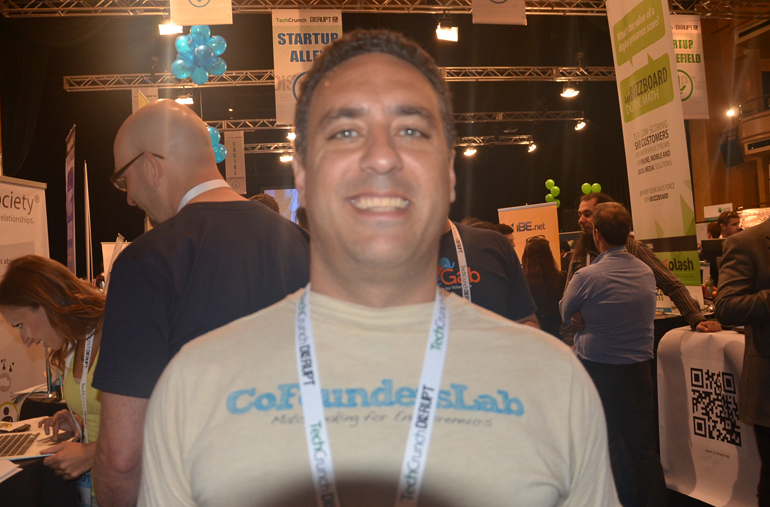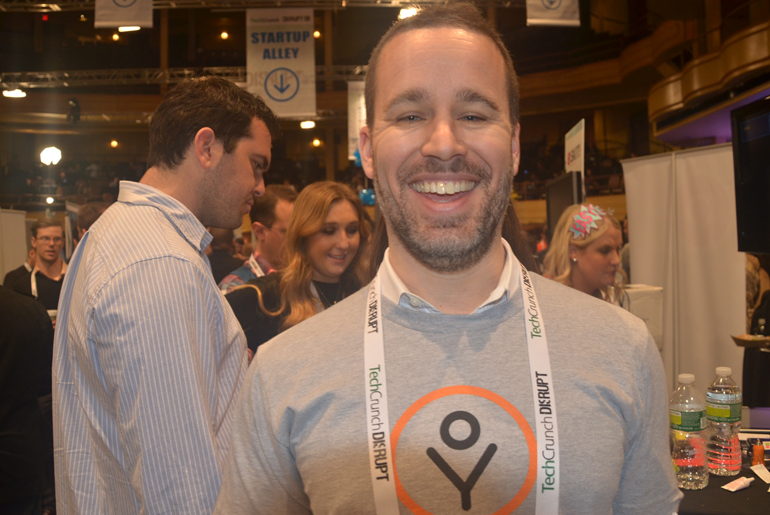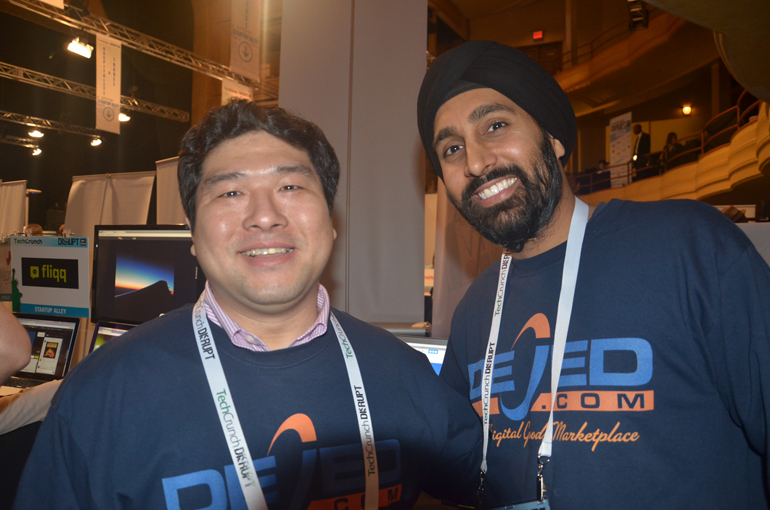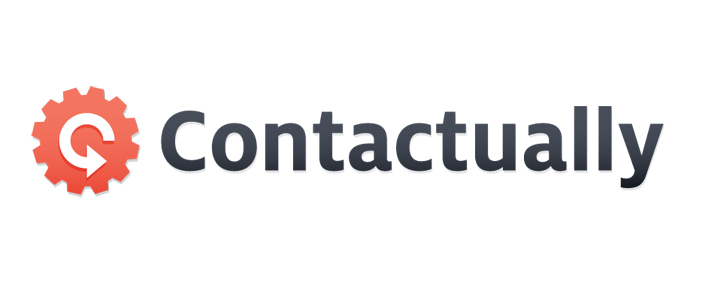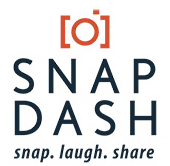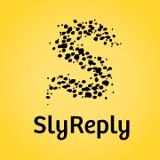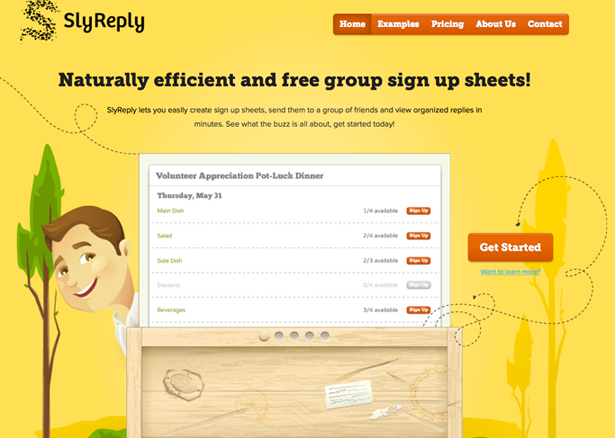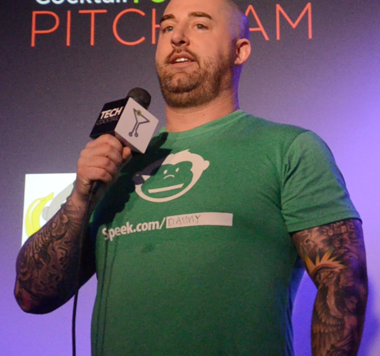 There’s a lot of reasons why companies don’t make it, and sometimes it’s not that the idea or product isn’t good — it’s just that you run out of money. Even though we know that blowing through money is a “bad” thing, I’ve been talking a lot with founders and investors about what “bad” means. What have they noticed as common themes when they sit down with founders that exhausted their money too quickly at the seed stage? So here are the top 5 reasons startup founders blow through money.
There’s a lot of reasons why companies don’t make it, and sometimes it’s not that the idea or product isn’t good — it’s just that you run out of money. Even though we know that blowing through money is a “bad” thing, I’ve been talking a lot with founders and investors about what “bad” means. What have they noticed as common themes when they sit down with founders that exhausted their money too quickly at the seed stage? So here are the top 5 reasons startup founders blow through money.
Let me know your thoughts and if this aligns with what you’ve personally seen. What have you regretted spending money on, or what do you roll your eyes at as an investor?
1. “I have a business meeting in Thailand!”
We all know these founders. They travel somewhere new every week. Their meetings take them around the world–frequently. They are always tired and busy from travelling, and they make sure to check-in at every luxurious hotel they stay at.
Why this fails: The desire to pre-maturely live a life of luxury through funding raised for business development extends to other poor choices. It goes — fast.
Understanding this entrepreneur: Typically extroverted and commands control of the room. Works efficiently on little sleep and cares a lot about appearances.
Can benefit by: Making sure that meetings are efficiently scheduled. One entrepreneur told me they combat this by making a “day trip” rule. If the meeting is important enough to fly for the day and return, it’s a go. It helped this entrepreneur cut down on meetings that could be conducted via phone without sacrificing quality.
2. “That’s way too expensive!”
This is another extreme–founders that don’t want to spend anything and opt for cheap solutions…cheap everything. This sends bad signals to clients and investors and often costs the entrepreneur more in the form of lost opportunities.
Why this fails: Some founders are very conservative. They need money in the bank–a cushion. They are risk takers with anxiety and they want to ensure that they get the results that they need for the next raise.
Understanding this entrepreneur: Typically introverted and mathematical. Usually overly conservative in their predictions.
Can benefit by: Giving up some control and working with investors and advisors to create healthy budgets.
3. “It’s a marketing spend!”
We all enjoy celebrating successes of startups for special launches or funding announcements. Sometimes startups plan evenings with open bars and chalk it up to a good use of marketing dollars. Chances are this isn’t the best use. Same can be said for overly-spending on trade shows, fancy promotional videos, or sponsoring an event before the time is right.
Why this fails: Marketing is extremely important, but many startups will exhaust their “marketing spend” without focusing on basic things first — like establishing a healthy blog presence, or discovering ways to become “experts” in a topic by speaking at conferences. If you’re spending money on marketing and you don’t have a blog, you’re doing it backwards.
Understanding this entrepreneur: Typically extroverted and creative and full of ideas. Too focused on big picture instead of steps to get there.
Can benefit by: Forcing themselves to write plans about their spends. Marketing is about ROI, so if you are planning on spending money you need to know what a worthwhile conversion will be for you. Are you looking for customers, users, app downloads? What result will make you happy?
4. “We’re going to hire salespeople!”
A great mentor told me that you only need one salesperson. She didn’t mean literally one – but she meant that you, as a founder, need to be able to sell your product yourself before trying to hire others to sell it for with/for you. Managing a sales team without getting your hands dirty in the sales process only makes you disconnected from your product, and will frustrate future early sales employees.
Why this fails: As a founder you are the product, don’t expect to hire and watch the numbers soar. Your product won’t sell itself unless you sell it first. It doesn’t matter how many sales people you hire if you don’t have the sales process down in the first place.
Understanding this entrepreneur: Typically they don’t have a background in sales and think that hiring sales employees will magically make numbers appear on a sales board. Typically technical, sometimes egotistical.
Can benefit by: Selling the product. That’s all there is here. If the founder is technical and won’t be doing sales, someone on the founding team must be a hustler. Founders are either selling or building. Choose one and do it well.
5. “I’ll never work for anyone, ever!”
This entrepreneur is right out of college. They don’t want to get a job, or can’t last at a job for more than a few months. They have great ideas and plans and want to change the world, but need some reality first. These founders just spend money in all the wrong places for all the wrong reasons, which could be anything from 1-4 mentioned above. Great mentors seem to make or break these types of entrepreneurs.
Why this fails: If you haven’t had a job before you may lack judgement of certain realities and what it really requires to start a business.
Understanding this entrepreneur: Typically driven, these founders need to get broken in a bit before reaching the point of being able to successfully manage others.
Can benefit by: Getting a job and showing that you can work well with others and under the management of others. The goal is to show that you are able to learn and adapt.



